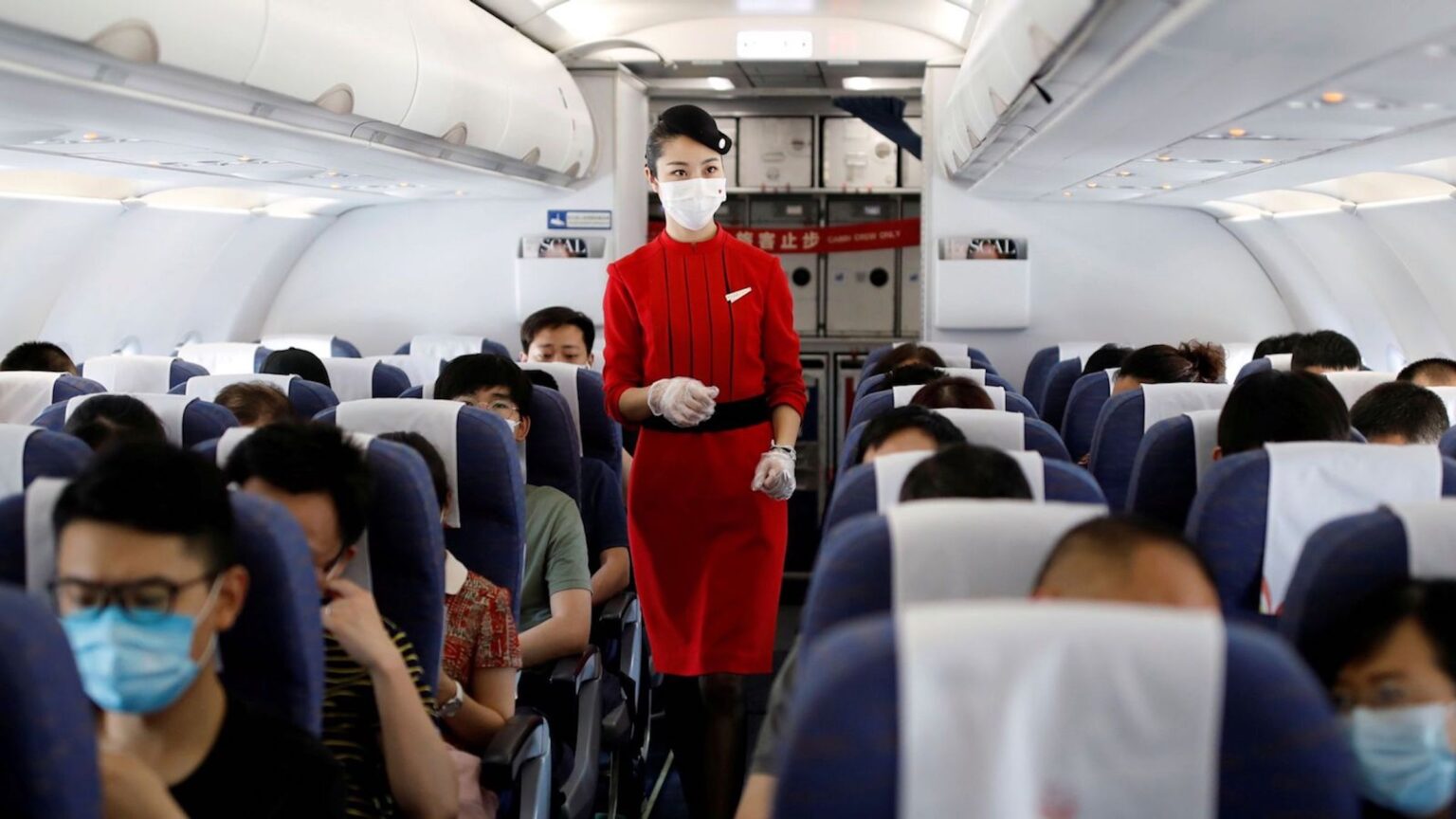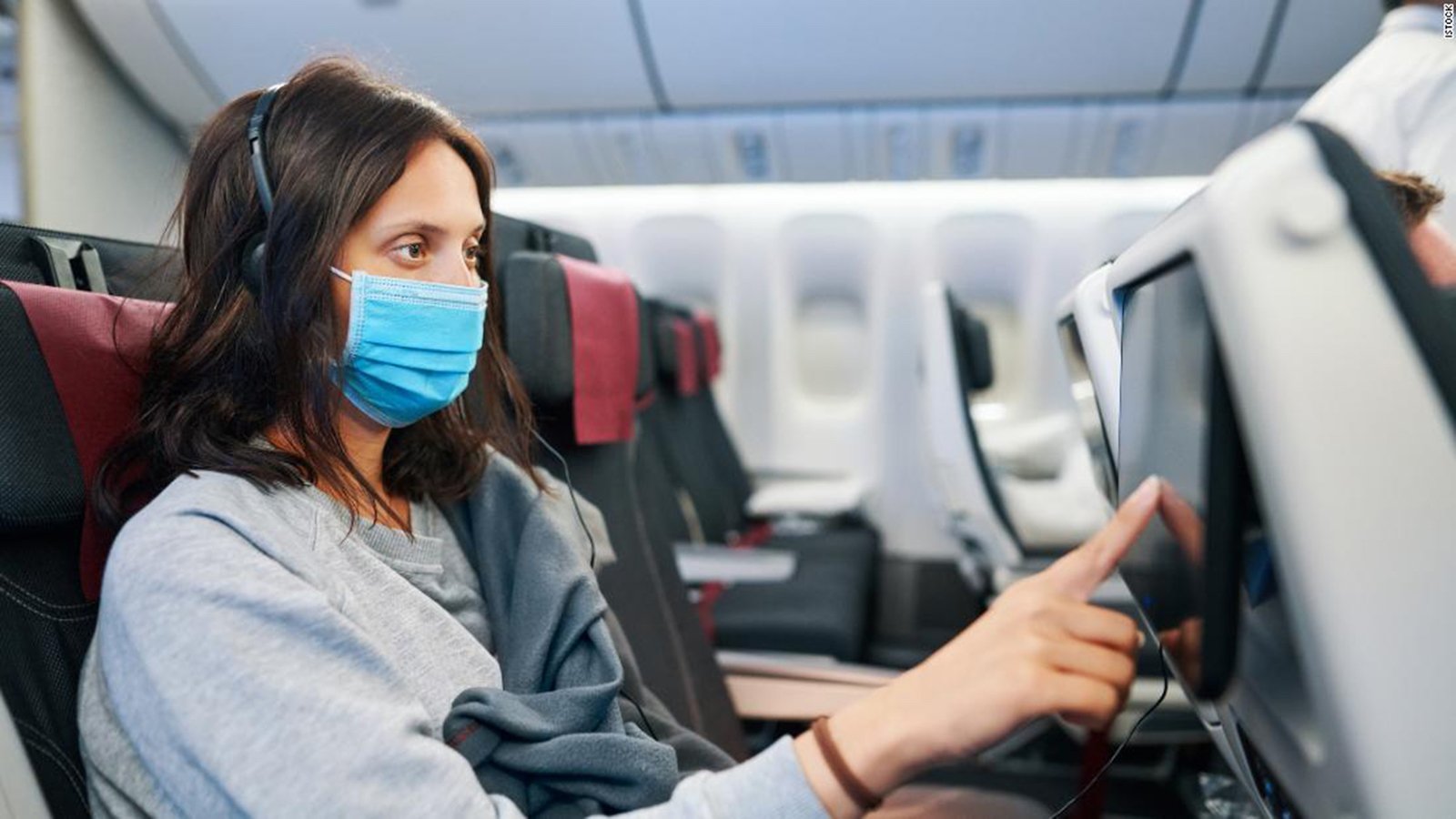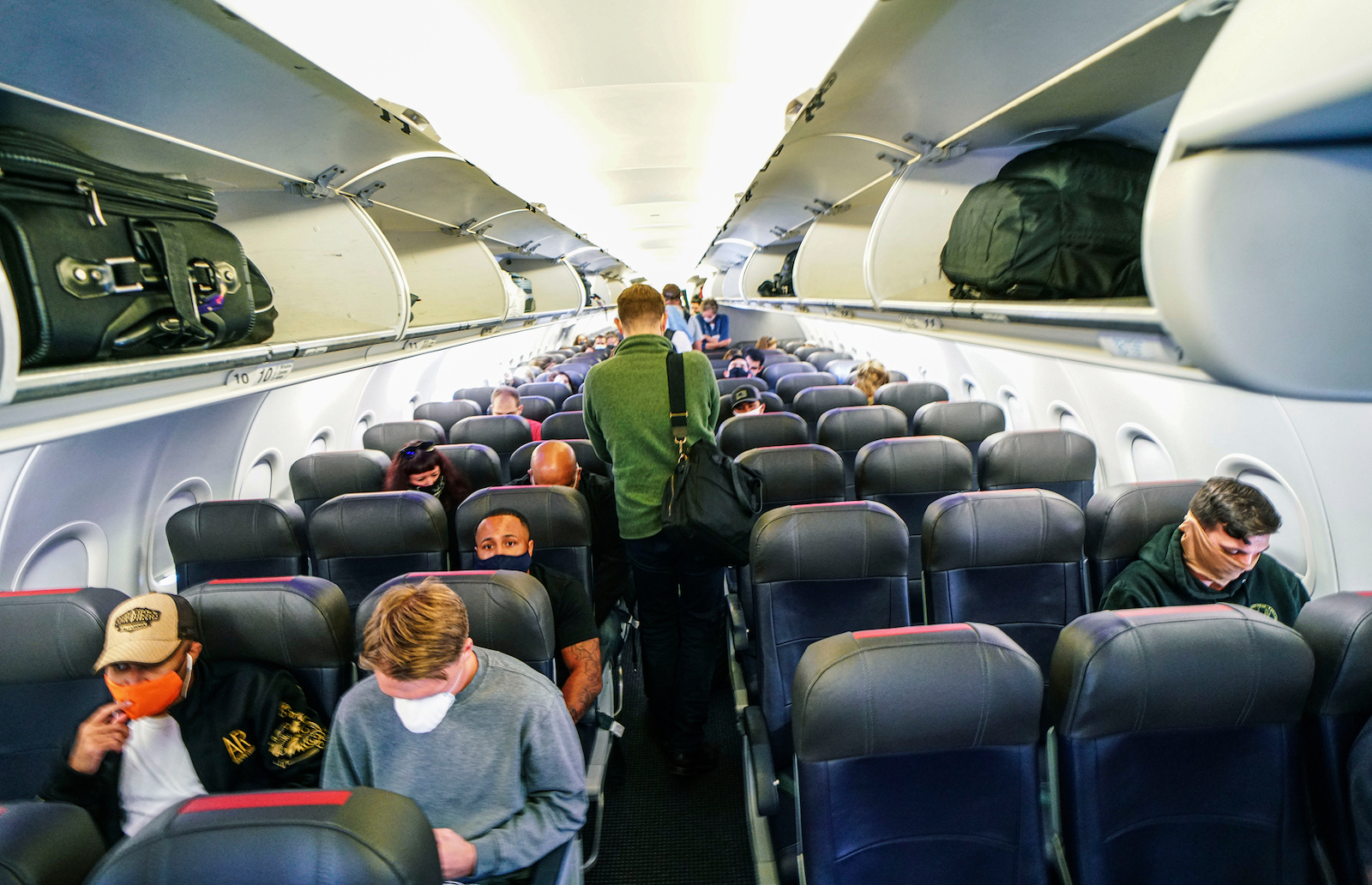
COVID positive passengers: Are sick people flying in a global pandemic?
On December 14th, right as holiday travel traffic was beginning to pick up in the United States, a man lied about his health and boarded a United Airlines flight. Isaias Hernandez filled out a declaration that he had not been diagnosed with COVID-19 and had not presented with any symptoms in the last two weeks.
During the flight, Hernandez actually collapsed and the plane had to be diverted for an emergency landing. During the flight, three passengers on board administered CPR to the 69-year-old man for nearly an hour. However, Isaias Hernandez died before the plane could touch down. The coroner reported his cause of death as acute respiratory failure due to COVID-19.
Hernandez was not the first plane passenger knowing he or she was infected with COVID-19 during this pandemic. The incident that occurred on December 14th raises questions: what exactly are airlines doing to prevent knowingly sick people from boarding their flights during this pandemic?

When the pandemic hit, airlines in the United States began enforcing new protocols for travelers, including mandatory face masks, increased sanitization of planes, and health screening questionnaires for passengers before they board. However, all of these require passengers participate.
What happens when passengers are dishonest on their health screening surveys? Incidents like what Isaias Hernandez’s death may be a result. Individuals who fail to comply with airline rules are likely banned them from future flights with a given airline.
According to federal regulations, airline pilots in the United States are required to report all deaths & illnesses occurring on board flights to the Centers for Disease Control and Prevention (CDC). Unfortunately, the CDC told the LA Times that it does not keep track of pilots’ reports.

Flight attendants are being asked to monitor passengers during boarding and while on planes, watching for coughing or sneezing among other symptoms – but they’re not medical professionals. It’s impossible to know how many people infected with COVID-19 have boarded American flights during the pandemic.
A measure that many airlines are not taking that could help stop infected people boarding flights is mandatory temperature checks. At the moment, only a few airlines are doing this; Avianca and Frontier are among those that do. Had United Airlines checked Isaias Hernandez’s temperature, he may have been prohibited from boarding that flight.
Some airports (including Los Angeles International Airport, where Hernandez boarded his flight) are using thermal cameras to take travelers’ temperatures as they enter terminals, though travelers are allowed to opt out.

Some have suggested that steep fines should be levied against anyone refusing to follow mask-wearing guidelines or lying on health-screening questionnaires, and that federal agencies should be focusing on providing quick and reliable COVID-19 testing that passengers can take before boarding a flight.
As of yet, the U.S. federal government has not imposed unified standards for the travel industry. Instead, they’ve opted to allow individual carriers to make their own decisions regarding policing COVID-19 on their flights.
Watch this space for more information as developments in this field unfold.



